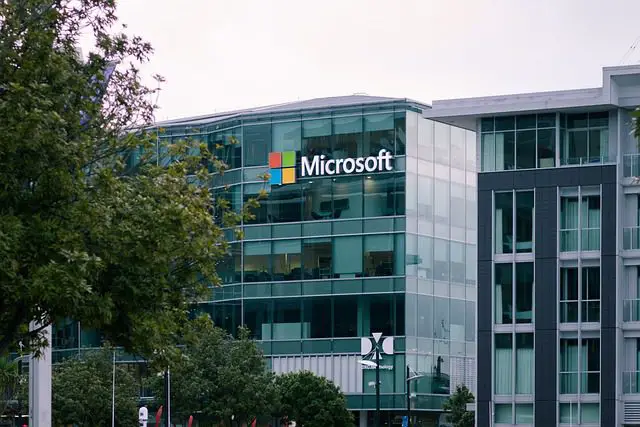
Have you thought about how the internet we use every day is changing behind the scenes?
One of the biggest shifts happening now is in web hosting, thanks to Web3 and decentralization. These two ideas are changing how websites are stored, accessed, and managed.
The change is not just for tech experts; it can benefit regular users, small businesses, and large organizations in simple, real ways.
Understanding Web3 and Decentralization in Hosting
Web3 refers to the next step of the internet, where control is more in the hands of users instead of just large companies. Decentralization means that the data for a website is not stored in one single place.
Instead, it is kept on many connected servers or computers, often across the globe. This approach helps make hosting more open, secure, and reliable. For hosting, this means a website can be stored in multiple locations, making it faster to load and harder to disrupt.
Moving from Traditional Hosting to Decentralized Hosting
In the past, most hosting was done on centralized servers owned by a single company. While this worked well for years, it also meant all data was stored in one location. If there were a problem in that server, the website could go offline.
With decentralized hosting, your website files are shared across many servers. Even if one goes down, others keep the site online without interruption. This type of hosting can also make the internet more open to anyone who wants to share content, without relying heavily on one provider.
How Blockchain Adds Trust and Security
Blockchain technology plays a big role in Web3 hosting. Instead of a single database, blockchain keeps records across many connected systems, making it very hard to change or tamper with. In hosting, this means your website data is stored in a way that is transparent and safe.
Owners can prove their content is authentic, and visitors can trust they are seeing the real version of the site. This trust is valuable for businesses, creators, and communities.
Faster Access Through Peer-to-Peer Networks
Peer-to-peer (P2P) networks are another part of decentralized hosting. In a P2P system, users share files directly with each other instead of only through a central server.
This helps websites load faster for people in different parts of the world. It also allows new creators to reach audiences without needing big hosting budgets. Services that use P2P hosting can also grow quickly, as each new user helps improve the network.
Benefits for Content Creators and Businesses
For content creators, IP Host Web3 hosting offers more control over their work. They can store files in a network that cannot be easily taken down or changed without permission.
Businesses can enjoy faster website speeds, better uptime, and potentially lower costs by avoiding heavy reliance on large server farms. Since data is spread across many locations, it also becomes easier to reach users in different regions without paying for expensive content delivery networks.
Easier Ownership and Monetization
One of the exciting things about Web3 hosting is that it can link directly to digital ownership tools like NFTs and smart contracts. This means a business or creator can control how their content is used, sold, or shared.
For example, a music artist can host songs on a decentralized network and allow direct purchases from fans through blockchain payments. This keeps more earnings in the creator’s hands and removes middle steps.
Better Privacy and Data Control
In decentralized hosting, users can have more say over their data. Instead of giving all their information to a central provider, data can be stored in a way that is harder to misuse.
People can choose who can access their data and for how long. This is a welcome change for many internet users who value privacy and control.
How Everyday Users Benefit
For the average internet user, Web3 hosting can mean faster websites, fewer outages, and more trustworthy online content.
It can also give users the chance to contribute to hosting by sharing unused storage space on their devices in exchange for rewards.
The Future of Hosting with Web3
As more developers, businesses, and everyday users adopt Web3 tools, hosting will continue to become more open and user-driven.
We may see websites that can run without any central server at all, making them more secure and harder to block. New hosting platforms could allow people to publish content instantly to global networks, with ownership and payments built right in.
Final Thoughts
Web3 and decentralization are reshaping web hosting in ways that give more control, speed, and reliability to both site owners and visitors. From blockchain security to P2P speed boosts, the changes are making hosting more user-friendly and fair. As this trend grows, we can look forward to a web that feels more open, safe, and connected for everyone.



